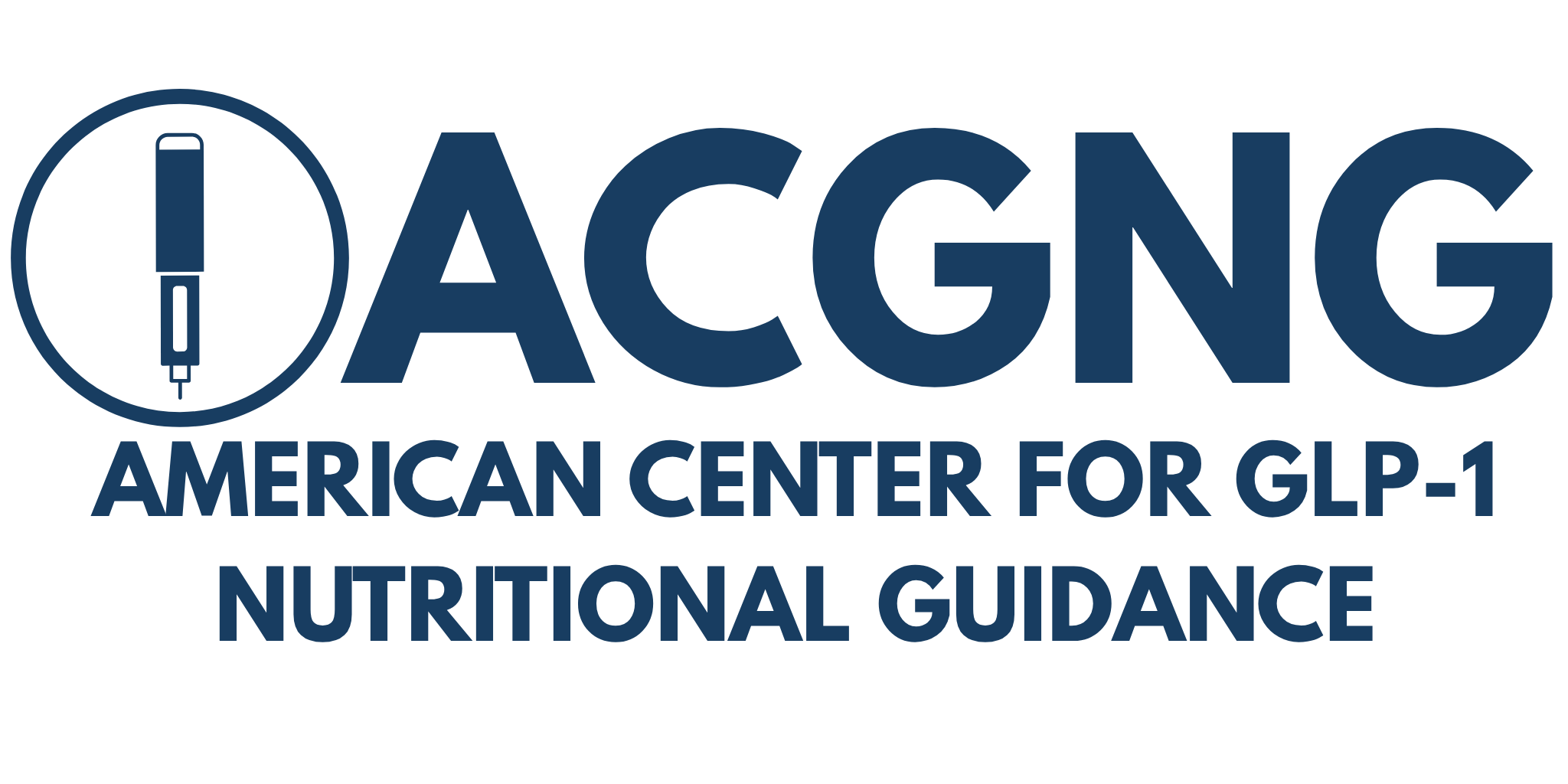Introduction
GLP-1 receptor agonists can cause gastrointestinal side effects as your body adjusts to slower digestion and reduced appetite. Fortunately, specific dietary changes can ease discomfort and support a smoother transition.
Common Side Effects Addressed by Diet
- Nausea
- Constipation
- Bloating and gas
- Loss of appetite
- Heartburn or reflux
Tips for Managing Nausea
- Eat small, frequent meals throughout the day.
- Choose bland, low-fat foods such as toast, crackers, rice, applesauce, or bananas.
- Avoid greasy, spicy, or very sweet foods early in treatment.
- Stay upright after eating—avoid lying down for at least 30 minutes.
- Ginger tea, peppermint, or lemon water may soothe mild nausea naturally.
Tips for Relieving Constipation
- Increase fiber intake gradually: include oats, chia seeds, leafy greens, beans, and whole grains.
- Stay hydrated—aim for at least 8–10 cups of water per day.
- Consider adding a magnesium citrate or fiber supplement with guidance from your provider.
- Move your body: regular walking or gentle stretching can stimulate digestion.
Managing Bloating & Gas
- Eat slowly and chew food thoroughly to reduce swallowed air.
- Avoid carbonated beverages, gum, and high-fat meals.
- Limit foods known to cause gas such as cabbage, beans, and artificial sweeteners.
Boosting Appetite Strategically
- Start meals with protein and vegetables to ensure nutritional intake when eating less overall.
- Use smoothies with added protein and healthy fats if whole meals are difficult to eat.
- Set meal reminders to avoid skipping meals unintentionally.
Tips for Reducing Heartburn
- Avoid high-fat and fried foods that delay stomach emptying.
- Eat at least 2–3 hours before bedtime.
- Limit caffeine, alcohol, chocolate, and acidic foods like citrus or tomato.
- Raise the head of your bed slightly if you experience nighttime reflux.
When to Seek Medical Advice
- If nausea or vomiting persists beyond several weeks.
- If bowel movements are absent for more than 3 days despite fiber and hydration.
- If you experience severe abdominal pain or signs of dehydration.
References
- American Gastroenterological Association. “Nutrition and Digestive Health: Managing GI Side Effects.” 2023.
- Mayo Clinic. “GLP-1 Medication: What to Expect and How to Cope with Side Effects.” 2024.
- NIH Office of Dietary Supplements. “Hydration and Digestive Health.” Updated 2023.
- Kushner RF et al. “Gastrointestinal Tolerability of GLP-1 Receptor Agonists: Practical Management.” Obesity. 2022.
